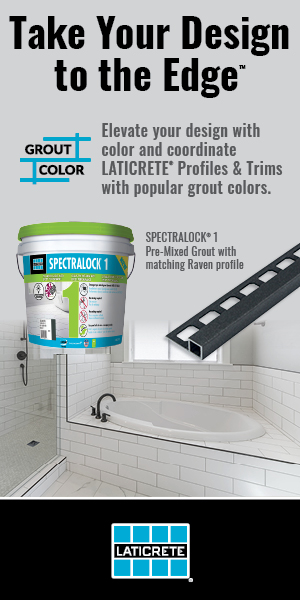Leading union calls on Congress to protect America’s essential heroes on and off the job
Hanover, MD– One of the largest and most influential construction unions, the International Union of Painters and Allied Trades (IUPAT), is calling on Congress to protect the nation’s 11 million US construction workers both on and off the job site.
“While many construction workers have been deemed “essential” for building and maintaining critical infrastructure, we are an incredibly vulnerable workforce and we are being treated like we are expendable,” says IUPAT General Vice President Jimmy Williams. “Our ability to work varies greatly from state to state. If we can work, we risk exposure to the virus. If we can’t work, many of us can’t access unemployment insurance because of overloaded state systems. Now our healthcare is expiring…The 11 million workers who were ignored during the CARE Act recovery bill won’t soon forget how they were almost out on the street and couldn’t afford to go to the hospital during a global pandemic.”
The IUPAT has recommended fully-subsidized health plans for those who have lost or may lose their jobs as COVID-19 spreads and wipes out America’s 6th largest employment sector. Several cities and states have issued major U.S. construction stoppages, including San Francisco, Boston, and Pennsylvania. The IUPAT estimates that at least 50% of construction sites across the country have already been shut down and has cited that the lack of safety standards at open sites risks more shutdowns and places workers at risk of contracting COVID-19– perpetuating the cycle of lost income and benefits.
The Union has also demanded OSHA provide stronger regulatory oversight of sanitation and safety protocols for ongoing construction to protect workers and public health.
“Construction workers are unseen heroes in the fight to keep America going during COVID-19, and they’re proud to keep communities safe each and every day. They build field hospitals and finalize expansions that support patient overflow, and they maintain the power plants, roadways, and bridges that keep the lights on and goods coming to our homes. Without them, America cannot shelter in place,” says Ken Rigmaiden, General President of the IUPAT. “They are essential, but not immune to this virus or its financial impact. Now it’s our duty to protect them by holding our nation’s leaders accountable for their well-being both on and off the job site.”
IUPAT members have reported that many job sites lack access to proper protection gear or sanitation supplies, in addition to blatant failures to isolate sick individuals. They also anticipate pressure for workers to complete jobs without supplies that are in shortage, such as protective safety gear and masks.
“While we commend the contractors who have voluntarily gone above and beyond to keep work sites safe, as long as there is a profit motive, there are some who will do anything to keep a site open without even the most basic controls. Workers fighting to keep America going are reasonably scared and deserve enforced protection,” says Rigmaiden. “The lack of standardized safety measures is a ticking time bomb– without them, people will inevitably get sick. As a result, their site might shut down or they’re sent home. Then they lose income and healthcare. Throughout these unstable conditions, COBRA benefits need to be fully subsidized so people can maintain critical care without the fear of financial ruin.”
58% of the American population is covered by employer-based health insurance. For the nation’s 11 million construction workers, every hour worked is an hour contributed to their health coverage.
In Anchorage, Mike McGuire is an IUPAT District Council 5, Local 1959 Painter and former volunteer with the National Guard. He’s the sole provider for his wife and three school-age daughters but was recently forced to take six months off work for cancer treatment. Now immunocompromised, he’s worried about being able to return to work safely but will have to work after his final treatment so he doesn’t lose his family health insurance.
“The medication I have to take is upwards of $2,200 a month,” he says. “Going back to work is a health risk but I can’t afford a lapse in coverage after cancer, and my three daughters and my wife are also on my plan. Paying out of pocket for COBRA is not an option for me, so I have to go to work in order to keep our coverage, even if it puts me at risk.”
In addition to the temporary subsidization of health plans, the IUPAT’s Bold Action Platform for Working Families urges Congress to secure retirement plans affected by the crisis and invest in American infrastructure to quickly put construction workers back to work.






